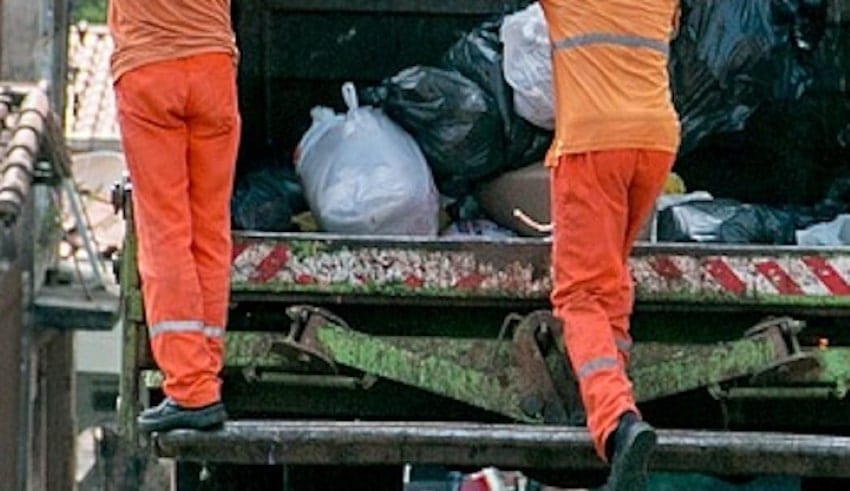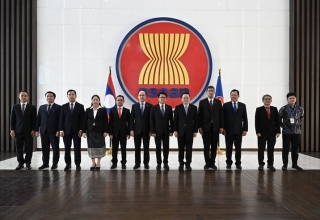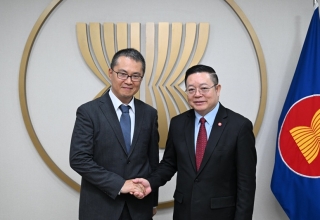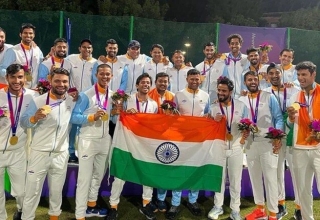
Malaysia and the Philippines Civil Society Organizations encourage the 10 Member States of the Association of Southeast Asian Nations (ASEAN) to designate the whole area a “no dumping ground” for hazardous waste and plastic waste.
The 10 Member States of the Association of Southeast Asian Nations (ASEAN) are urged by Malaysia and the Philippines Civil Society Organizations to declare the entire area as a ‘no dumping ground’ for hazardous waste and plastic waste.
The groups’ appeal for a regional stance to discourage international waste dumping came on the heels of the Asia Environmental Enforcement Awards (AEEA), where recipients from Malaysia and the Philippines were honored for their work in combating transboundary environmental crime. This has contributed to the re-export to their countries of origin of illegal plastic waste imports.
“The AEEA conferred to environmental enforcers in Malaysia and the Philippines has again turned the spotlight on the illegal traffic of waste in Asia and the need for greater collaboration and vigilance, nationally and regionally, to put an end to such an environmental crime,” said Mageswari Sangaralingam, a researcher from CAP.
“Now is the time for the ASEAN to flex its muscles as a regional bloc to denounce global waste dumping and affirm its unity to safeguard the region’s people and the environment from the drawbacks and hazards of waste trade,” Chinkie Peliño-Golle, regional coordinator of International Pollutants Elimination Network – Southeast and East Asia (IPEN-SEA), said.
On the other hand, the EcoWaste Coalition stressed the need for all ASEAN member states to ratify the Basel Convention Ban Amendment immediately and to correct regulatory loopholes, if any, that “legalize” the entry of hazardous waste and other waste disguised as recyclable scraps.
“Regionally, we urge the ASEAN to adopt a declaration, or better still an agreement, proclaiming the region as no dumping ground for foreign waste,” said Aileen Lucero, national coordinator of EcoWaste Coalition.
As the ASEAN chair for 2021, Brunei can use its positive influence to facilitate the expeditious ratification by countries in the area of the Basel Convention Ban Amendment, the groups said.
Only Southeast Asia’s Brunei, Indonesia, and Malaysia have ratified the amendment prohibiting all exports of hazardous waste from developed countries to developing countries. On Dec. 5, 2019, the amendment officially entered into effect.
























